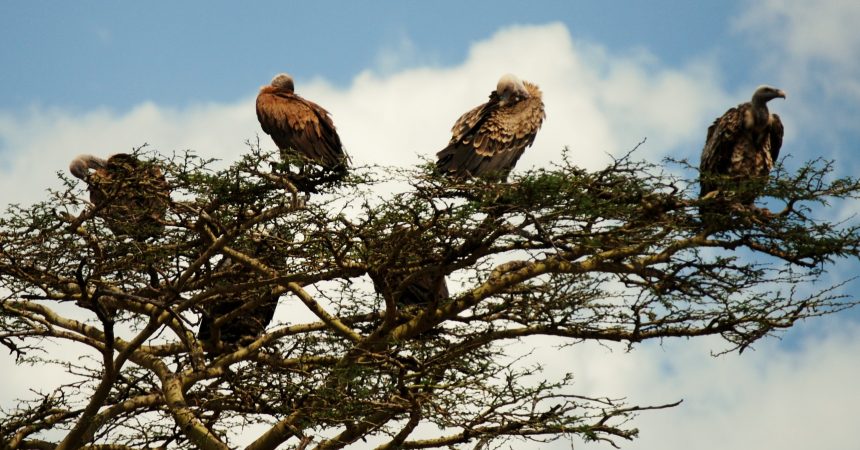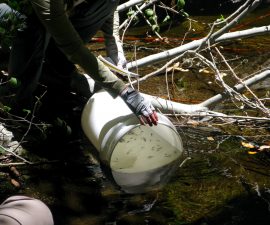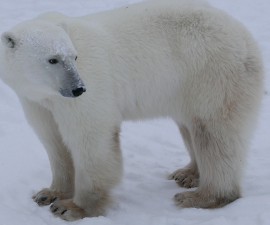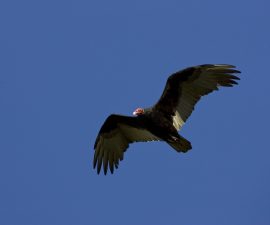In preparation for International Vulture Awareness Day on September 3, 2016, we are proud to publish posts written by our knowledgeable and dedicated bird keepers. We’ll also celebrate these important birds at the Safari Park September 3-5 with special activities and keeper talks. Soar over and join us in honoring the value of vultures in our world!
As a senior keeper at the San Diego Zoo’s Avian Propagation Center, I tend to have a long list of birds to see when traveling. In 2014 I was able to visit Lewa Wildlife Conservancy in northern Kenya, and one of my main goals was to see vultures in the wild. I had been following the Vulture Crisis in Asia, where 99 percent of the vulture population had been lost. Vultures are important to ecosystems as clean-up crews which stop deadly bacteria and viruses from spreading. Feral dog populations in India began to sky-rocket when there were no vultures to clean-up carcasses, which then lead a rabies epidemic. There are always hypotheses to what would happen to the ecosystem if an animal is removed, but this was the first example of how serious a threat it would be.
While the Asian Vulture crisis was getting a lot of attention, I began following the growing concern for the vulture populations in Africa. I had thought that surely one of the most pristine and protected areas in Africa would not be touched by this trend. That is how seeing vultures on my trip to east Africa rose to the top of my list!
After the first week at Lewa, I had not seen a single vulture. I started asking rangers, researchers, and everyone who worked at the conservancy about the birds. The replies I received were very disheartening. I kept getting the same answer, “The numbers over the years have been dwindling,” and “No one knows why the numbers have been declining.”
On my last day there, a call went out over the radios that vultures had been spotted. We raced to find them, and finally located 11 white-backed vultures perched in a tree after cleaning up a lion kill! (That’s them at the top of this story.) They were so magnificent and I felt so fortunate to have been able to see them. From that moment I decided that I wanted to help these birds any way I could.
Upon arriving back at work, I met with Dave Rimlinger, curator of birds at the Zoo to discuss the possibility of the San Diego Zoo funding some research on African vultures. I walked in prepared with the knowledge that SDZ already was heavily involved in many mammal conservation projects at Lewa, and the names of a couple vulture researchers currently working in Africa. I updated him on the declines documented in many vulture species as well as my experience in Lewa.
After our discussion about the growing vulture crisis in Africa, Dave said that if I could find a vulture researcher already currently working around Lewa, that we could help fund their research. It took a little searching, but I was able to find and get into contact with Dr. Darcy Ogada. From that point on the San Diego Zoo began helping to fund her research and spread the word about the impending vulture crisis.
Ann Knutson is a senior keeper at the San Diego Zoo.





